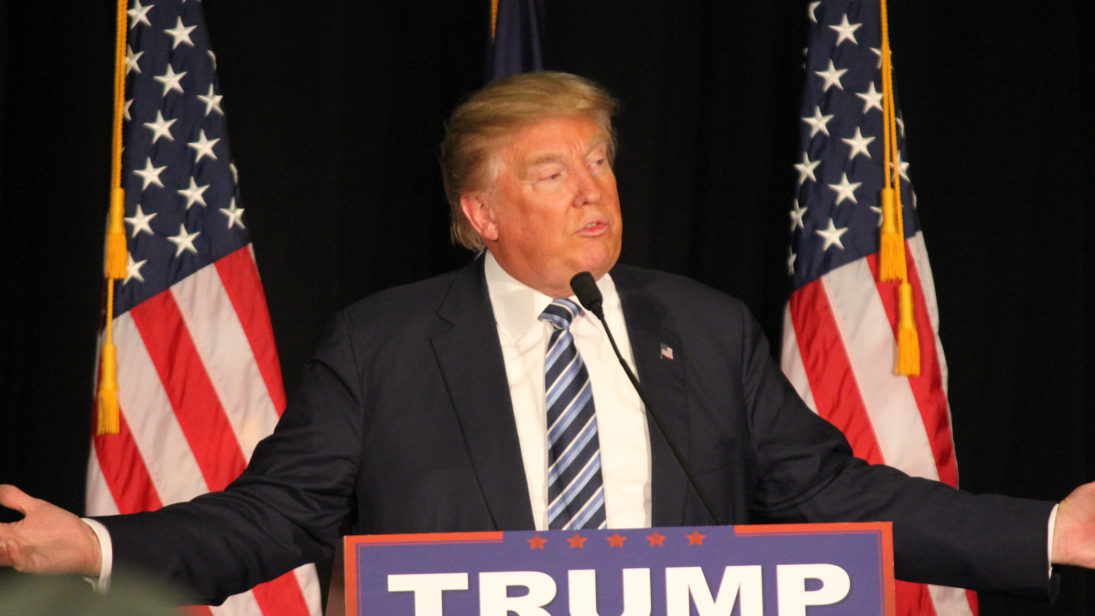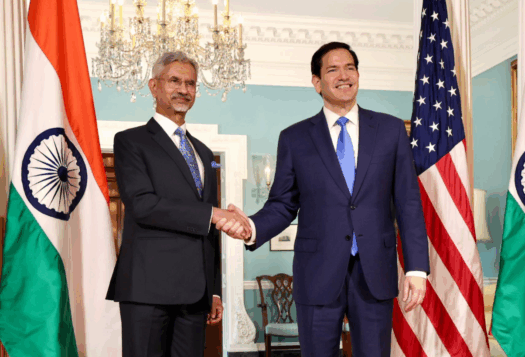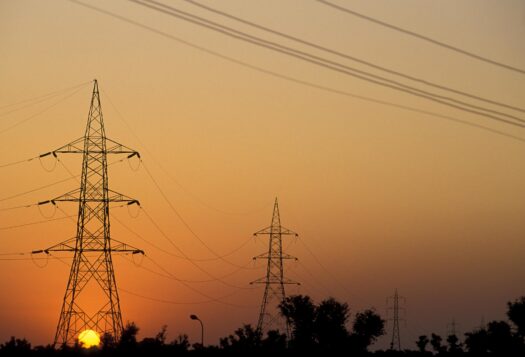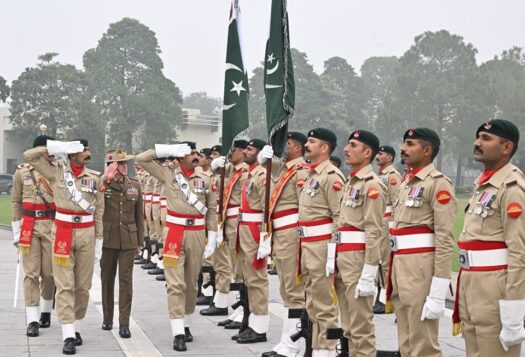
Does Trump Bode Well for India and Pakistan?
Farhan Hanif Siddiqi
So much has come out of Donald Trump’s presidential campaign that it is hard to discern the impact of his electoral victory on Pakistan and India.
Trump has labeled Pakistan “probably the most dangerous country in the world,” terming the state a “very, very vital problem”, and saying that India is needed to check Pakistan. Trump also ruffled feathers when he stated that he would compel Pakistan to free Dr. Shakil Afridi, who the United States credits with helping track down Osama Bin Laden but Pakistan has jailed for having links to terrorists. This evoked a befitting response from Pakistani Interior Minister Chaudhry Nisar Ali who said: “Pakistan is not a colony of the United States of America.”
On the other hand, Trump has welcomed India as a strategic partner, and said that India would have “a true friend at the White House.” However, in one of his campaign speeches, he also berated India for stealing American jobs.
Ironically, two weeks before the elections, Trump asserted that he would be willing to mediate between Pakistan and India, and that it would be a “tremendous achievement” if both India and Pakistan could get along. The offer was welcomed by Pakistan.
How does one make sense of it all? Will Trump choose to engage Pakistan? Will Trump strengthen America’s partnership with India and in the process isolate Pakistan? Will Pakistan be treated as a problem by the Trump administration? Will Trump mediate between India and Pakistan and ensure peace and security in the South Asian region?
A key point to remember is that it is not only the Trump administration that will be determining policy but also the U.S. Congress. In recent years, Capitol Hill has been less reluctant in demonizing Pakistan, and recently two Senators moved a bill to designate Pakistan as a state sponsor of terrorism. The Obama administration, on the other hand, had adopted a more measured approach and introduced the Kerry-Lugar-Berman Act, which besides the provision of aid also called for the strengthening of democratic institutions in Pakistan. The United States under President Obama also distanced himself from a congressional hearing on Balochistan in 2012.
With Republicans in control of the House and the Senate, and a president perceptibly prepared to deal with Pakistan as a problem, it does not bode well for Pakistan if the White House and Capitol Hill combine forces to isolate it. While India stands to gain from such a measure, a partisan U.S. foreign policy in South Asia may lead to greater instability within the region. As fellow SAV contributor Hamzah Rifaat has argued, the United States should “establish a more calibrated balance in its relationship with India and Pakistan, as opposed to the seemingly pro-India status quo.”
If it does not, Trump’s policies will only intensify already hostile geopolitics between India and Pakistan, resulting in the further strengthening of India-United States relations while driving Pakistan firmly into China’s fold.
What Trump’s South Asia Policy Should Be
Sylvia Mishra
Donald Trump has been elected the 45th President of the United States. While the strategic community had hoped for a Hillary Clinton victory, Trump will be assuming the responsibilities of the American presidency. The U.S. presidential election was being monitored across the globe, for the outcome has significant policy implications worldwide. In South Asia, particularly India, the election was being observed even more closely, as the political and security stakes in the region are high. This is a region where developments ranging from rising transnational terrorist threats, expanding nuclear weapons arsenals, and emerging economies pose both risks and opportunities for the United States. South Asia’s strategic significance in world politics is steadily increasing, and the region’s political and economic heft in international affairs has sharply come into focus after the subcontinent registered significant growth. South Asia cannot be marginal to the interests of the upcoming administration, and thus three focus areas with policy implications will require the immediate attention of the next president: geopolitical transformations, economic opportunities, and nuclear rivalry.
Geopolitical Transformation
The subcontinent is plagued by the disputes over Kashmir and the India-China border. The region also faces visible contestation due to China’s expanding presence and influence in the Indian Ocean. As South Asian nations remain deeply concerned about the prospects for potential American retrenchment from the global stage, the upcoming administration will need to assure its partners in the region that America will not reduce its commitment. The precipitous downsizing of the U.S. role in the Indo-Pacific region would have dangerous consequences. The Indian Ocean Region is fraught with traditional security threats, and there is an urgent need for enhanced maritime cooperation and coalition-building while identifying the gaps in the current security mechanisms. Bilaterally, India and the United States have a good track record of consultation on the Indian Ocean. Both countries have a significant stake in maintaining stability in the Indian Ocean, and must ensure that it is free from nuclear weapons and that countries are upholding the United Nations Convention on the Law of the Sea (UNCLOS). Additionally, the upcoming administration would need to work with partners in the region to maintain a military presence in Afghanistan and prevent the Taliban from returning to power.
Economic Opportunities
The region has been experiencing a long period of robust economic growth, growing at 7 percent last year. South Asian countries have made substantial progress on liberalizing trade regimes and have been gradually integrating with the global economy. However, there are some prevailing economic challenges, such as inadequate Foreign Direct Investment (FDI), low intra-region and inter-regional trade, and slow global integration. There is also the question of how South Asian countries will address the Chinese economic juggernaut in the region. Over-dependence of South Asian countries on China for trade and investments has created both opportunities and anxieties, as most countries in the region now have trade deficits with China. The United States is required to promote policies in South Asia that facilitate deeper economic integration.
Nuclear Rivalries
India and Pakistan continue to develop new ballistic and cruise missile systems capable of delivering nuclear weapons. These countries are also expanding their capacities to produce fissile materials for military purposes. In addition to their nuclear stockpiles, sweeping modifications in conventional and nuclear doctrines, especially in the case of Pakistan, combined with a massive influx of foreign technology have pushed South Asia toward perpetual instability. President-elect Donald Trump’s administration will need to recognize the role of China and the China-Pakistan nexus, which is exacerbating the already fraught regional security environment in South Asia.
These economic and security challenges will require the urgent attention of the upcoming administration. Significant ruptures and divergences from the Obama administration’s policies in South Asia will jeopardize regional as well as international strategic stability. To maintain the balance of power in South Asia, it will be pertinent for the Trump administration to consolidate and expand the bilateral strategic partnership with India, especially bolstering economic, defense, and civilian nuclear cooperation.
***
Editor’s Note: Click here to read these articles in Urdu; click here to read in Hindi
Image: Matt Johnson, Flickr


